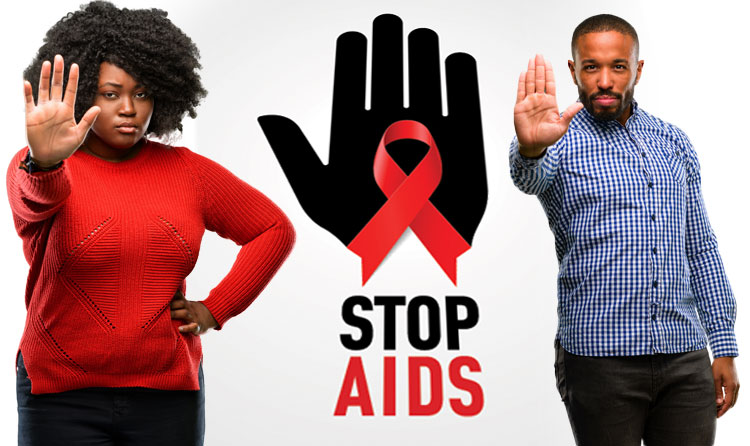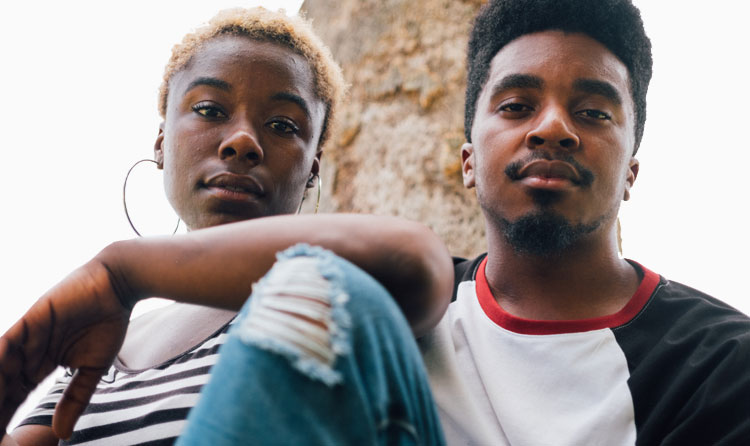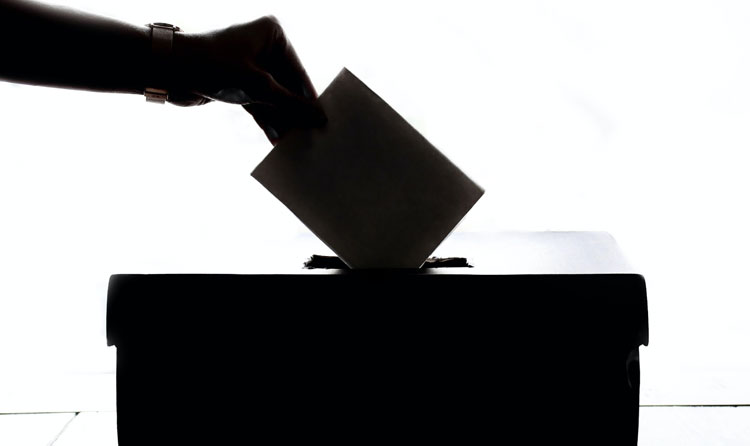
HIV/AIDS Epidemic in the Black Community
Black Americans have been disproportionately affected by HIV/AIDS since the epidemic’s beginning, and that disparity has deepened over time. Although they represent only 12% of the U.S. population, Blacks account for a much larger share of HIV diagnoses (43%), people estimated to be living with HIV disease (42%), and deaths among people with HIV (44%) than any other racial/ethnic group in the U.S.
More info »Locate resources in your area for HIV testing, including self-testing options, educational videos, HIV prevention services such a PrEP, and more
More info »
